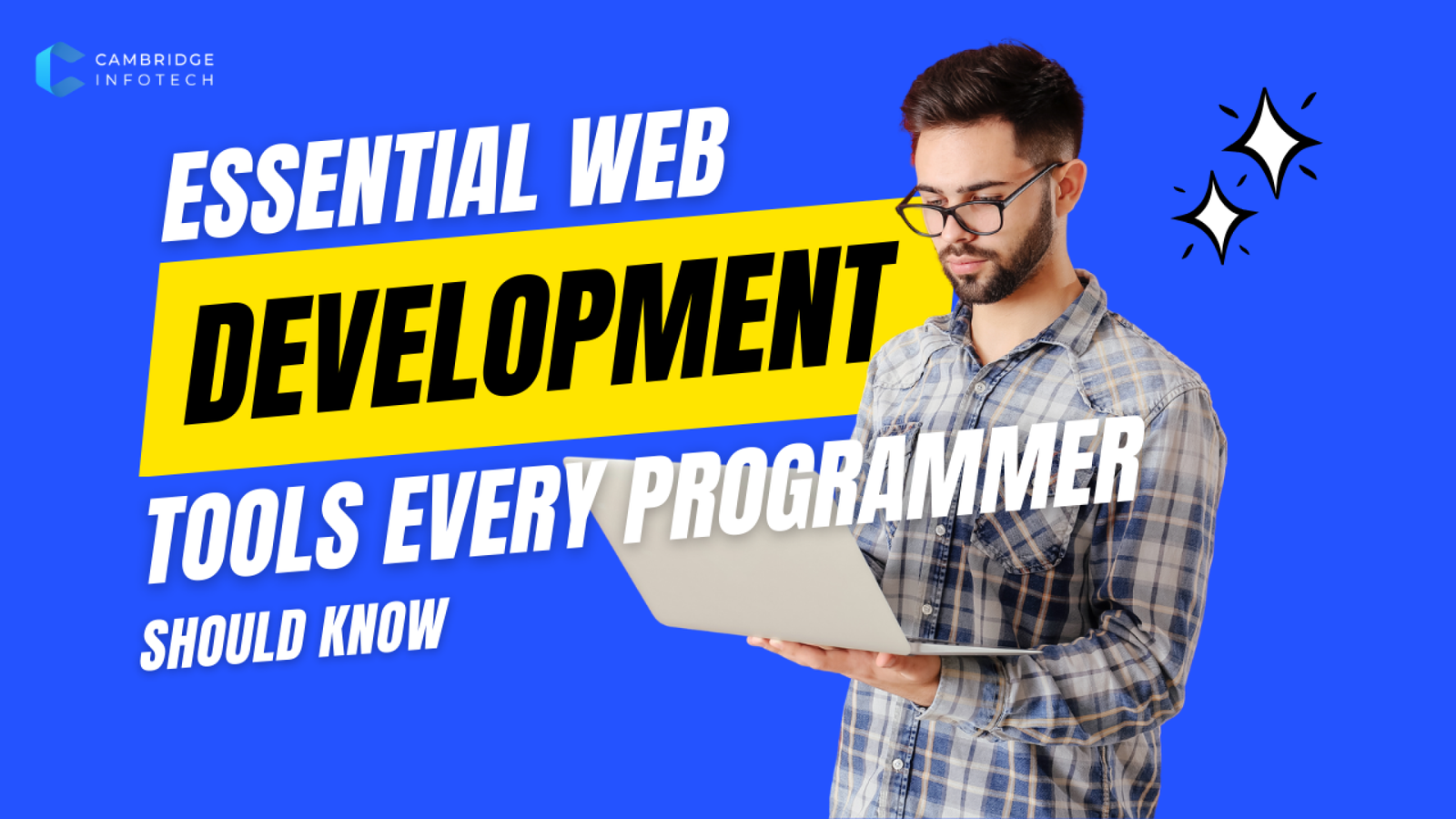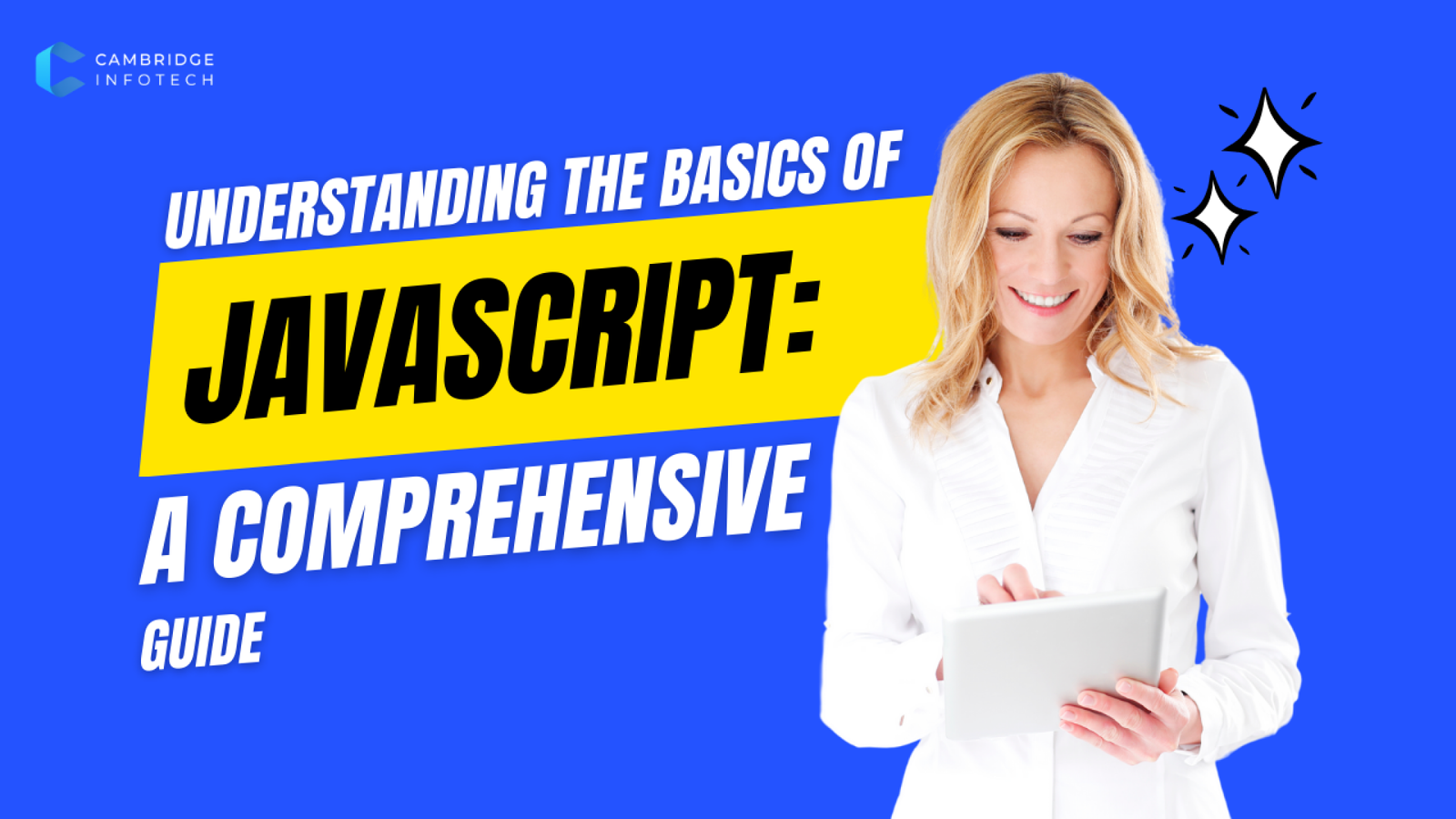Currently Empty: ₹0.00
PHP Best Practices in 2025 The Ultimate Guide for Modern Developers

PHP Best Practices in 2025
A Comprehensive Guide for Developers
In the ever-evolving world of web development, PHP remains one of the most popular and widely-used programming languages. As we step into 2025, the landscape of PHP development has transformed significantly, with new tools, frameworks, and methodologies shaping the way developers write and maintain code. Whether you’re a beginner or an experienced developer, staying updated with the PHP Best Practices in 2025 is crucial to building scalable, secure, and efficient applications.
In this blog, we’ll dive deep into the latest PHP Best Practices in 2025, covering everything from coding standards to performance optimization, security, and modern tooling. Let’s get started!
Why PHP Still Matters in 2025
Before we jump into the PHP Best Practices in 2025, let’s address the elephant in the room: Is PHP still relevant in 2025? The answer is a resounding yes! PHP powers over 77% of all websites with a known server-side programming language, including giants like Facebook, WordPress, and Wikipedia. With the release of PHP 8.x and beyond, the language has introduced groundbreaking features like JIT compilation, union types, and attributes, making it faster and more developer-friendly than ever.
If you’re learning PHP or taking a course at Cambridge Infotech, you’re on the right track to mastering a language that continues to dominate the web development industry.
PHP Best Practices in 2025
Adopt PHP 8.x and Beyond
The first and most important PHP Best Practice in 2025 is to use the latest version of PHP. PHP 8.x introduced significant performance improvements and new features like:
Just-In-Time (JIT) Compilation: Boosts performance for CPU-intensive applications.
Union Types: Allows variables to have multiple types.
Attributes: Replaces PHPDoc annotations for cleaner metadata.
Named Arguments: Improves code readability.
Always ensure your applications are running on the latest stable version to take advantage of these enhancements. Learn more about PHP 8.x features in the official PHP documentation.
Follow PSR Standards
The PHP Framework Interop Group (PHP-FIG) has established a set of standards known as PSR (PHP Standards Recommendations). These standards ensure consistency and interoperability across PHP projects. Key PSR standards to follow in 2025 include:
PSR-12: Extended Coding Style Guide.
PSR-4: Autoloading Standard.
PSR-7: HTTP Message Interface.
Adhering to these standards is a key PHP Best Practice in 2025, making your code more maintainable and easier to collaborate on. Check out the official PSR standards for more details.
Write Clean and Readable Code
Clean code is not just a best practice; it’s a necessity. Here’s how you can achieve it:
Use meaningful variable and function names.
Keep functions and classes small and focused (Single Responsibility Principle).
Avoid deeply nested code by using early returns.
Use comments sparingly and only when necessary.
Tools like PHP_CodeSniffer and PHPStan can help you enforce coding standards and catch errors early. Learn more about clean code principles in this guide by freeCodeCamp.
Leverage Modern PHP Frameworks
Frameworks like Laravel, Symfony, and CodeIgniter have revolutionized PHP development. In 2025, these frameworks continue to dominate, offering:
Built-in security features.
Robust ORM (Object-Relational Mapping) for database interactions.
API support for building microservices.
If you’re learning PHP, mastering one of these frameworks is a must. Explore the Laravel documentation or Symfony official guide to get started.
Prioritize Security
Security is non-negotiable in 2025. Here are some PHP Best Practices in 2025 for security:
Use prepared statements with PDO or MySQLi to prevent SQL injection.
Validate and sanitize all user inputs.
Use HTTPS to encrypt data in transit.
Regularly update dependencies to patch vulnerabilities.
Implement CSRF (Cross-Site Request Forgery) protection.
For a deeper dive into PHP security, check out OWASP’s PHP Security Cheat Sheet.
Optimize Performance
Performance optimization is critical for user experience and SEO. Follow these PHP Best Practices in 2025:
Use OPcache to cache precompiled script bytecode.
Minimize database queries and use indexing.
Optimize images and use CDNs for static assets.
Use asynchronous programming for long-running tasks.
Learn more about PHP performance optimization in this detailed guide by Blackfire.
Test Your Code Thoroughly
Testing is no longer optional. In 2025, PHP developers rely on tools like:
PHPUnit for unit testing.
Pest for a more expressive testing syntax.
Behat for behavior-driven development (BDD).
Automated testing ensures your code works as expected and reduces the risk of bugs in production. Get started with PHPUnit’s official documentation.
Use Composer for Dependency Management
Composer is the de facto dependency manager for PHP. It allows you to:
Install and manage third-party libraries.
Autoload classes without manual includes.
Keep dependencies up-to-date.
Always include a composer.json file in your projects and use the --prefer-dist flag for faster installations. Learn more about Composer in the official Composer documentation.
Embrace DevOps Practices
In 2025, DevOps is integral to PHP development. Key practices include:
Using CI/CD pipelines for automated testing and deployment.
Containerizing applications with Docker.
Monitoring performance with tools like New Relic or Blackfire.
Stay Updated with the PHP Community
The PHP community is vibrant and constantly evolving. Join forums, attend conferences, and follow blogs to stay updated with the latest trends and PHP Best Practices in 2025.
Why Choose Cambridge Infotech for PHP Learning?
At Cambridge Infotech, we offer comprehensive PHP courses designed to equip you with the skills needed to excel in 2025 and beyond. Our curriculum covers:
Core PHP concepts.
Modern frameworks like Laravel.
Best practices for security and performance.
Real-world projects to build your portfolio.
Whether you’re a beginner or looking to upskill, our expert instructors will guide you every step of the way.
FAQs
About PHP Best Practices in 2025
Why is PHP still popular in 2025?
PHP remains popular due to its simplicity, extensive community support, and continuous improvements. With PHP 8.x, the language has become faster and more feature-rich, making it ideal for modern web development.
What are the key features of PHP 8.x?
PHP 8.x introduced features like JIT compilation, union types, attributes, and named arguments, which significantly improve performance and developer productivity.
Which PHP framework should I learn in 2025?
Laravel is the most popular PHP framework in 2025, followed by Symfony and CodeIgniter. Choose a framework based on your project requirements and learning goals.
How can I improve PHP application security?
To improve security, use prepared statements, validate inputs, implement HTTPS, and regularly update dependencies. Frameworks like Laravel also provide built-in security features.
What tools can I use for PHP testing?
Popular PHP testing tools include PHPUnit, Pest, and Behat. These tools help you write automated tests to ensure your code is bug-free.
How do I optimize PHP performance?
Optimize PHP performance by using OPcache, minimizing database queries, optimizing images, and leveraging asynchronous programming for long-running tasks.
Is Composer necessary for PHP projects?
Yes, Composer is essential for managing dependencies in modern PHP projects. It simplifies the process of installing and autoloading third-party libraries.
What are PSR standards, and why are they important?
PSR standards are coding guidelines established by the PHP-FIG to ensure consistency and interoperability across PHP projects. Following these standards makes your code more maintainable.
How can I stay updated with PHP trends?
Join PHP communities, attend conferences, follow blogs, and participate in online forums to stay updated with the latest trends and PHP Best Practices in 2025.
Why should I learn PHP at Cambridge Infotech?
Cambridge Infotech offers industry-aligned PHP courses with hands-on projects, expert guidance, and a focus on modern best practices, making it the ideal choice for aspiring developers.
Final Thoughts
PHP continues to be a powerhouse in web development, and following the PHP Best Practices in 2025 will ensure your applications are secure, scalable, and efficient. By adopting modern tools, frameworks, and methodologies, you can stay ahead of the curve and build cutting-edge solutions.
If you’re ready to take your PHP skills to the next level, enroll in a course at Cambridge Infotech today and become a part of the future of web development!
Learn more about
Bangalore, India’s tech hub, offers some of the best AI courses for aspiring professionals and enthusiasts. These courses cover essential topics like machine learning, deep learning, natural language processing, and computer vision, providing hands-on experience with industry-relevant tools and frameworks. Tailored for both beginners and advanced learners, the programs emphasize practical applications and real-world projects to build expertise. With experienced instructors and state-of-the-art facilities, these courses are designed to equip students with the skills needed to thrive in the rapidly evolving AI landscape.
Current trends in Artificial Intelligence (AI) are reshaping industries by introducing cutting-edge technologies and innovative applications. Key developments include the rise of generative AI, which powers tools like ChatGPT and DALL-E, enabling creative content generation and problem-solving. Edge AI is gaining momentum, allowing data processing closer to the source for faster and more efficient outcomes. Additionally, AI ethics and governance are becoming critical as organizations prioritize responsible AI practices to ensure fairness and transparency. Businesses are also leveraging AI for hyper-personalization, predictive analytics, and automation to enhance customer experiences and operational efficiency.
Traditional marketing and digital marketing represent two distinct approaches to reaching audiences. Traditional marketing relies on conventional methods like print ads, TV commercials, and direct mail, offering a tangible and localized reach. In contrast, digital marketing leverages online platforms such as social media, search engines, and email campaigns, providing global accessibility, real-time analytics, and targeted audience engagement. While traditional marketing excels in building trust and brand recognition, digital marketing offers cost-effectiveness, scalability, and measurable results. Businesses often benefit from integrating both strategies to maximize their reach and impact.







